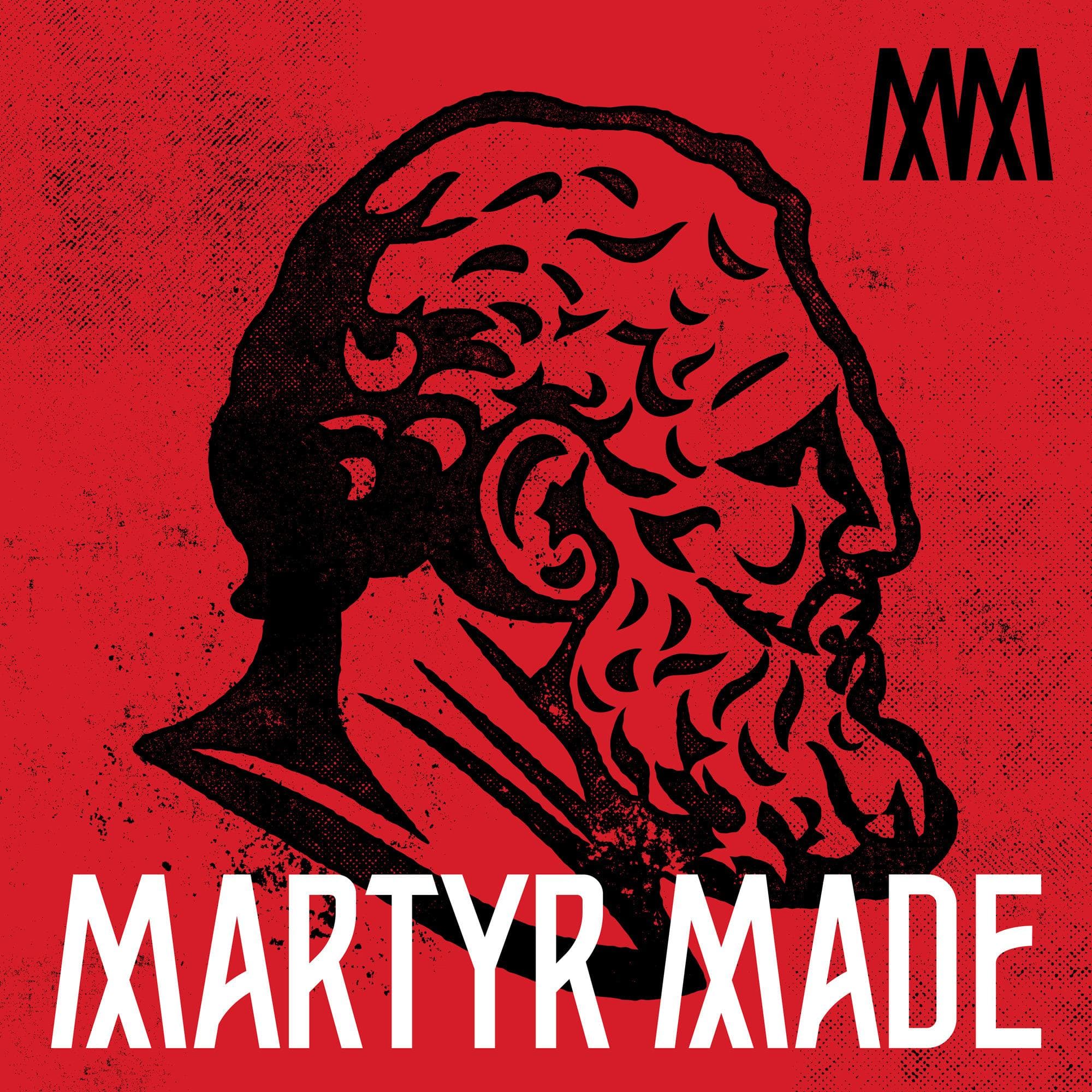
May 23, 2022 • 1hr 39min
#21 – Whose America?: Prologue
The Martyr Made Podcast

Key Takeaways
- The early American colonies were seen by England as a place to send "waste people" - the poor, criminals, and other undesirables - to be used as expendable labor
- Many early colonists came to America as indentured servants in conditions of temporary slavery
- The Industrial Revolution in the 19th century led to terrible working and living conditions for many laborers in American cities
- Labor unions and strikes emerged as ways for workers to fight for better conditions, often facing violent opposition from companies and government
- The 1914 Ludlow Massacre in Colorado, where striking miners and their families were attacked by company guards and the National Guard, was a pivotal event in labor history
- The labor movement of the late 19th/early 20th centuries was crucial in securing many of the workers' rights and protections we take for granted today
Introduction
This episode serves as a prologue to a new Martyr Made series called "Whose America?" about the American labor wars. Host Darryl Cooper provides historical context for understanding the labor movement in America, tracing back to the colonial era and the origins of indentured servitude. He argues that the common narrative of America as a land of opportunity ignores the harsh realities faced by many early settlers and later industrial workers.
Topics Discussed
Colonial America and Indentured Servitude (4:04)
Cooper begins by discussing how early American colonies were viewed by England as a place to send "waste people" - the poor, criminals, and other undesirables:
- Colonies were seen as a way to "drain away the filth" from England
- The majority of early colonists came as indentured servants in conditions of temporary slavery
- Indentured servants faced harsh conditions and were treated as property
- This system laid the groundwork for later African slavery in America
He quotes extensively from the book "White Trash: The 400-Year Untold History of Class in America" by Nancy Isenberg to illustrate these points.
The Industrial Revolution and Worker Conditions (48:53)
Cooper then jumps forward to discuss how the Industrial Revolution in the 19th century impacted workers:
- Craftsmen and artisans were displaced by factory production
- Workers faced long hours, dangerous conditions, and low pay in factories
- Living conditions in urban slums were often squalid and unsanitary
- A new class of interchangeable wage laborers emerged
He provides vivid descriptions of worker housing in Boston and New York to illustrate the terrible conditions many faced.
Emergence of Labor Unions and Strikes (1:00:55)
As a response to poor conditions, workers began organizing:
- Labor unions formed to advocate for workers' rights
- Strikes became a tactic to demand better pay and conditions
- Companies often responded with violence, hiring private security forces
- Government frequently sided with business owners against strikers
Cooper argues this was a pivotal time when workers had to fight to "stake their claim to a place in American society."
The Colorado Coal Strike and Ludlow Massacre (1:12:56)
A large portion of the episode focuses on the 1913-1914 Colorado coal strike and the Ludlow Massacre as an example of labor conflict:
- Colorado Fuel and Iron, owned by Rockefeller, dominated southern Colorado
- Miners faced harsh working conditions and company control of their lives
- The United Mine Workers organized a strike in September 1913
- Striking miners and families lived in tent colonies after being evicted from company housing
- The company hired armed guards who harassed and attacked strikers
- On April 20, 1914, company guards and the National Guard attacked the Ludlow tent colony
- At least 21 people were killed, including women and children
Cooper provides extensive details on the build-up to and events of the Ludlow Massacre, quoting eyewitness accounts.
Significance of the Labor Movement (1:35:00)
In concluding, Cooper emphasizes the importance of the labor movement in shaping America:
- Workers who returned from the Civil War were more willing to engage in collective action
- Immigrants brought experience with labor organizing from Europe
- Each wave of immigrants had to "fight for their place" in America
- The labor movement was crucial in securing many rights we take for granted today
He argues this struggle of working people against "the arrayed forces of technology, economics, and class prejudice" is a crucial part of the American story.
Conclusion
This episode serves as a prologue to set the stage for a deeper exploration of American labor history. Cooper challenges simplistic narratives of American opportunity and progress, highlighting the harsh realities faced by many workers throughout U.S. history. He argues that the rights and protections workers enjoy today were not given freely, but had to be fought for through organized labor movements, often in the face of violent opposition. The episode ends with a call to critically examine "Whose America?" it really is and has been throughout history.